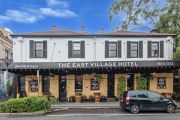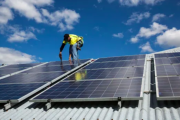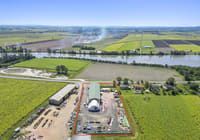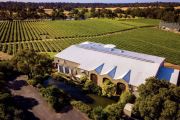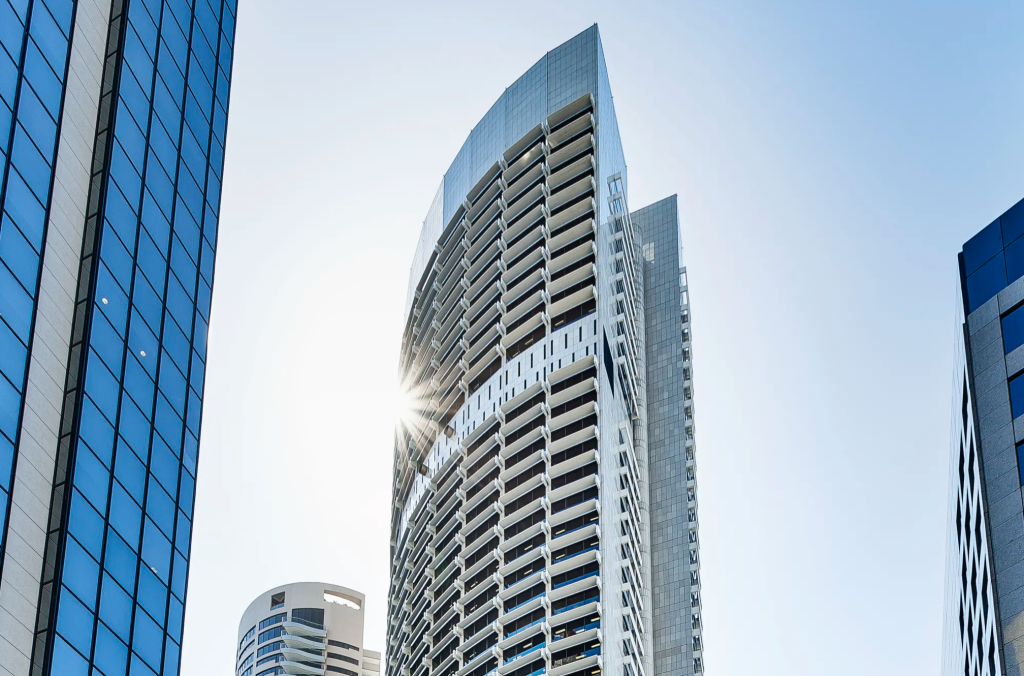
Foreign buyers responsible for greater proportion of commercial property transactions in 2020: JLL
The percentage of commercial property transactions involving foreign investors has jumped in the past year, although overall sales volumes are well down on 2019.
Offshore groups have accounted for approximately 44 per cent of total investment volumes across the office, retail and industrial property markets, according to new figures from JLL.
This compares with foreign investment in 2019 which represented 34 per cent of total transaction activity.
“The most active offshore groups in 2020 have been from Singapore [$2.28 billion], Germany [$1.3 billion] and China [$1.29 billion], which have made up the vast majority of offshore investment activity,” JLL’s head of capital markets Australia Fergal Harris said.
Mr Harris cited the recent sale of a 50 per cent stake in Grosvenor Tower in Sydney as evidence of continued demand for Australian commercial property.
“JLL jointly transacted the biggest office transaction for 2020 on behalf of Dexus, for a 50 per cent interest in Grosvenor Place in Sydney for $925 million. This conditional exchange of contracts is a big vote of confidence from foreign investors in the Australian market and demonstrates the strength and attractiveness of our capital markets,” Mr Harris said.
With one month to go in the calendar year, sales volumes are well down on 2019 figures. Sales for the entire commercial market in Australia currently stand at $13.63 billion. This compares with $36 billion in 2019, when the sale of Australian commercial property reached an all-time high.
The firm said that it expected about $2 billion worth of transactions would take place in December.
JLL’s head of research Australia Andrew Ballantyne said Australia’s strong response to the COVID-19 pandemic had likely reassured foreign investors of the local market’s merits.
“The response from policy makers in Australia has been unprecedented. This has provided downside protection to the Australian economy and a framework for an economic recovery in 2021,” Mr Ballantyne said.
“Australia’s reputation has been enhanced through the management of the health crisis,” he added.
Offshore capital had been focused on “high quality assets with strong covenants and long lease terms” during 2020.
While border closures had likely been mitigated by getting local employees to inspect properties, regulatory changes had created some uncertainty in the market – including the decision to reduce the threshold for assets to be subject to approval by the Foreign Investment Review Board.
“One of the main concerns with FIRB rules is they add a level of uncertainty – the approval process can take up to six months,” said Mr Ballantyne.

